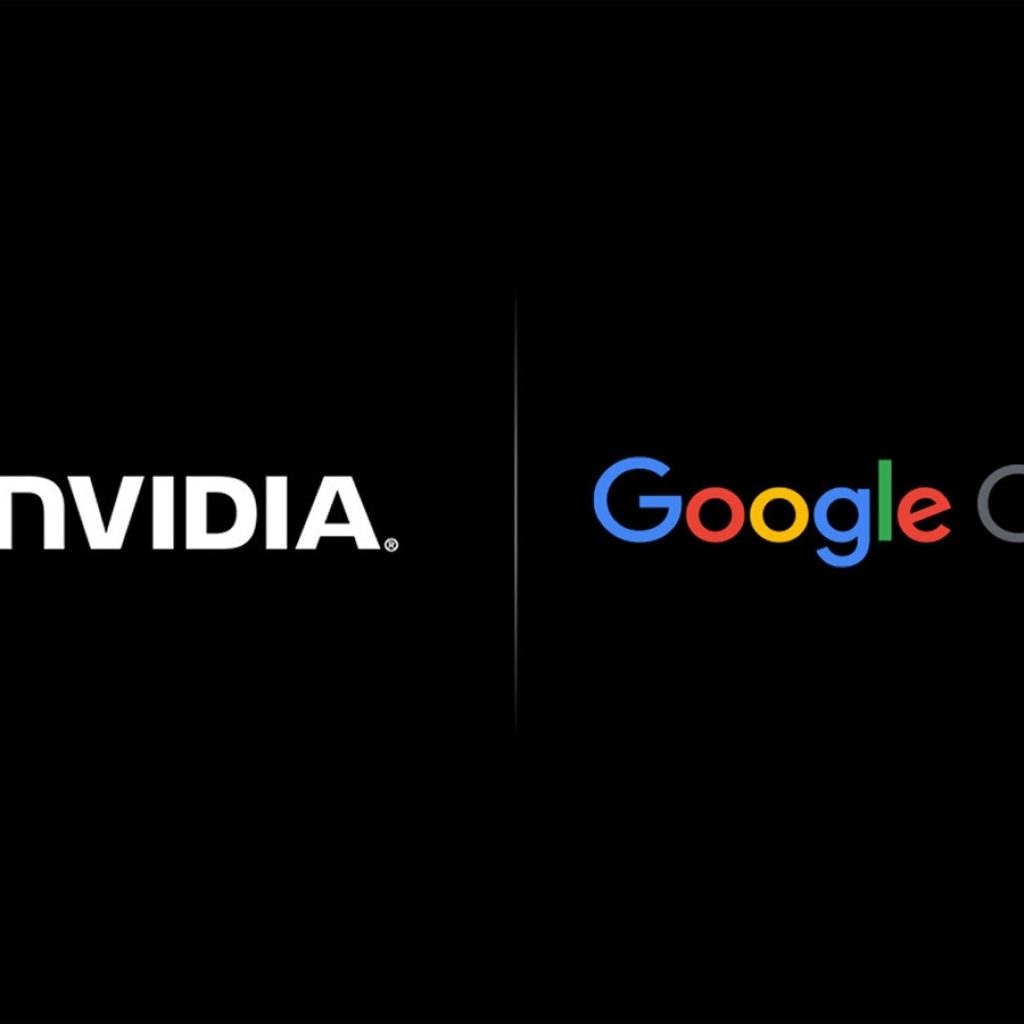In a groundbreaking move, Senegal is poised to launch its inaugural Earth Observation (EO) satellite, GAINDESAT, heralding a new era in the nation’s pursuit of cutting-edge solutions for socio-economic and scientific development. The collaborative efforts between the Senegalese Space Project (SENSAT) and the University Space Centre of Montpellier (CSUM), in conjunction with Ride Space, are currently in the preparatory stages for the seamless integration of GAINDESAT into Momentus’s highly sophisticated Orbital Transfer Vehicle (OTV).
This meticulously orchestrated partnership not only serves as a tangible manifestation of Senegal’s unwavering dedication to the realm of space exploration but also strategically situates the nation at the forefront of addressing paramount challenges through the synergistic amalgamation of cutting-edge satellite technology and the transformative capabilities of artificial intelligence (AI).
GAINDESAT takes flight
In a historic moment for Senegal, the culmination of three years of dedicated efforts by the Senegalese Space Project (SENSAT) and the University Space Centre of Montpellier (CSUM) is at hand with the imminent launch of GAINDESAT. Dr. Gayane Faye, the Coordinator of SENSAT, expressed the nation’s wholehearted commitment to this endeavor, highlighting the collaborative efforts that have brought Senegal to the forefront of space exploration. Through GAINDESAT, Senegal is poised to collect invaluable data that will not only enhance disaster management capabilities, particularly in firefighting and flood control but also propel agricultural development to new heights.
Senegal’s meticulously devised and ambitiously executed two-year blueprint for the construction and subsequent launch of its satellite stands as a compelling testament to the nation’s overarching strategic vision and foresight in the domain of space exploration. The symbiotic collaboration with Ride Space, meticulously orchestrated to seamlessly integrate GAINDESAT into the highly advanced Orbital Transfer Vehicle (OTV) facilitated by Momentus, represents a pivotal and indispensable stride.
It serves as a resounding demonstration of Senegal’s unwavering determination not merely to partake in the celestial narrative but to actively cultivate and nurture a burgeoning local space ecosystem. The ramifications of this intricately woven integration transcend the immediate, holding the tantalizing promise of propelling Senegal to unprecedented heights and solidifying its stature as a formidable player on the intricate stage of the global space arena.
Harnessing satellite technology and AI for national development
Senegal’s foray into satellite technology and AI is not just a technological milestone; it’s a strategic move to better address critical challenges. The partnership with Ride Space and CSUM underscores the nation’s commitment to leveraging the potential of satellite technology and AI for the greater good. Through GAINDESAT, Senegal aims to revolutionize disaster management, enhance firefighting efforts, manage floods, and control erosion.
Also, the satellite launch represents a pivotal moment for advancing agricultural development in Senegal. By collecting comprehensive data through GAINDESAT, the nation aspires to boost agricultural productivity, optimize resource allocation, and ensure sustainable growth in the sector. This initiative aligns with Senegal’s broader vision of using space applications to drive socio-economic and scientific development.
Senegal’s launch of GAINDESAT marks not only a technological milestone but also a strategic leap towards addressing pressing national challenges. The fusion of satellite technology and AI is poised to elevate Senegal’s capabilities in disaster management and agriculture, setting the stage for a new era of scientific innovation and socio-economic development.





